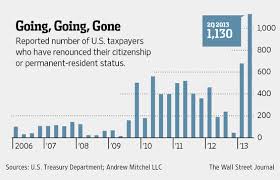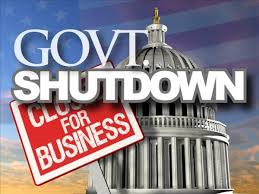A recent study by Fidelity Investments revealed that individuals often lack adequate knowledge of family finances. The results of the study showed that a surprising number of marriage partners have insufficient information about important financial matters such as insurance policies, investment accounts, physical assets, beneficiary designations and income taxes, among other things. While this lack of awareness may not be a problem when life is going smoothly, it can have unforeseen consequences there is a bump in the road. In the face of a death, a divorce or a sudden disability, a spouse who does not have a satisfactory understanding of family finances can find themselves at a serious disadvantage.
The results of the recent Fidelity study showed that, while most couples reported that they communicated effectively about financial matters, a much smaller percentage said that they shared daily financial decisions. Less than half of the retired couples surveyed agreed on what type of lifestyle they expected to lead in retirement and only a slightly larger percentage had an acceptable level of information about retirement planning. Moreover, only 28 % of the couples surveyed said that either spouse could single-handedly manage the retirement finances.
Although it is natural to postpone a discussion of family finances when there is no immediate problem, it is important to be prepared for the uncertainty of the future. An unforeseen event can leave either partner with complete financial responsibility. With this in mind, financially responsible couples would be well advised to take the following steps:
- Inventory Investment Accounts
- Inventory Physical Assets
- Prioritize Investments to be Tapped for Retirement
- Discuss Income Tax Returns and Related Tax Issues
- Prepare Wills with Agreed Upon Financial Conditions
Although the discussion of topics such as those outlined above can be stressful and uncomfortable, not doing so may well leave either spouse in an unfortunate situation. Consider, for example, the spouse who is left with a very aggressive investment portfolio upon his or her mate’s death. If the surviving spouse has no knowledge of the type of investments in the portfolio, they could very well suffer a significant loss if the market suddenly takes a sharp downward turn. Similarly, consider the predicament of a spouse who has no knowledge of his or her mate’s tax obligations. Faced with an unexpected death or divorce, the surviving spouse could be left with a tax debt about which they have no knowledge. Although tax this situation can be handled with a tax settlement agreement in the form of Injured Spouse Relief or Innocent Spouse Relief, it certainly not a situation anyone would chose to face.
If you have questions about Injured Spouse Relief or Innocent Spouse Relief, the CPAs, Enrolled Agents and Tax Attorneys at Professional Tax Resolution can provide you with the answers you are looking for. Visit us today at www.professionaltaxresolution.com for more information about these and other tax settlement options. Complete our online request form or call us at 877.889.6527 to receive a free, no obligation consultation.





